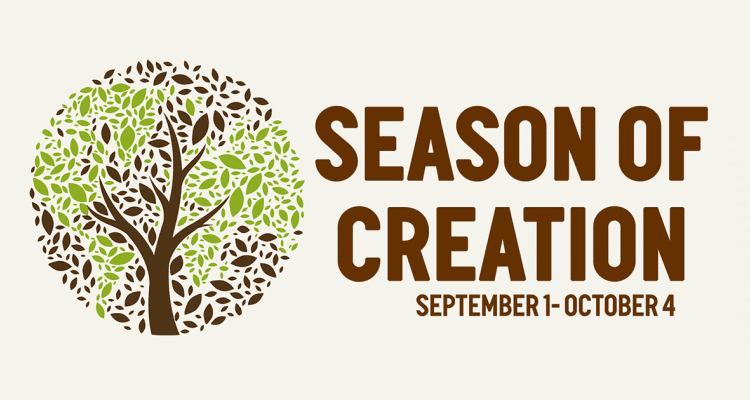(from Brad Rozairo OMI) What is the Season of Creation? http://seasonofcreation.org/. The season, which runs yearly between September 1 and October 4 (the feast of St. Francis of Assisi) is that of the year when we renew our commitment to pray and care for creation.
Encourage sustainable living
The Season of Creation is a wonderful time to reflect on how our lifestyles affect the environment and to make a commitment to more sustainable ways of living. The good news is that making more sustainable lifestyle choices in just a few areas adds up to a big difference overall.
Eliminate single-use plastics
Plastic items are deeply woven into our everyday life. Although plastics have made life-saving advances in medicine and clean energy possible, their overuse is a symptom of our culture of disposability. As Christians, plastics confront us with the question of our commitment to creation in our day-to-day lives.
Humans now produce nearly 300 million tons of plastic every year, according to the Worldwatch Institute, with much of it used only once. Many of these plastics will take decades or centuries to disappear. In the meantime, they break up into ever smaller pieces, which end up in the digestive tracts of marine animals, and they leach petrochemicals into the soil and water.
Take a plastics-free pledge to give up using one single-use plastic item for 40 days (or more!). Every single-use plastic item we save is one less thing in a landfill site, ocean or incinerator–or one less thing shipped overseas for another country to dispose of. Single-use plastics are plastic items that are only intended to be used once, such as soft-drink bottles. The most common items include disposable cups, bottles, non-recyclable packaging, wipes, and female hygiene products. Finding alternatives to these plastics is easier than you might think, and it can be very satisfying to know that you are walking that little bit lighter on the earth.
Five ways to cut down on your plastic waste:
– Switch to using a reusable coffee cup (stainless steel or bamboo cups are best).
– Carry a reusable water bottle with you and refill it at home or work (the most long-lasting and easily recyclable types are made from stainless steel or glass).
– Cut down on plastic packaging by buying fruit and vegetables loose.
– Refuse the use of straws in restaurants.
– Use soap and shampoo bars instead of liquid products in plastic bottles.




